Vocabulary Building Kindergarten Math Worksheets
6 filtered results
-
From - To
Enhance your child's math skills with our engaging Vocabulary Building Kindergarten Math Worksheets! Designed to support early learners, these worksheets focus on essential math vocabulary, helping children familiarize themselves with key terms and concepts. Through fun activities such as matching, word searches, and simple problem-solving tasks, kids will develop their understanding of numbers, shapes, and measurements while boosting their vocabulary. Our interactive resources encourage hands-on learning and make math enjoyable for young minds. Perfect for homeschooling or classroom use, these worksheets provide a solid foundation for your child's academic journey. Start building their math vocabulary today!


Matching: Classifying Toys by Size Worksheet


Fairy Tale Worksheet: Count and Classify with Rapunzel
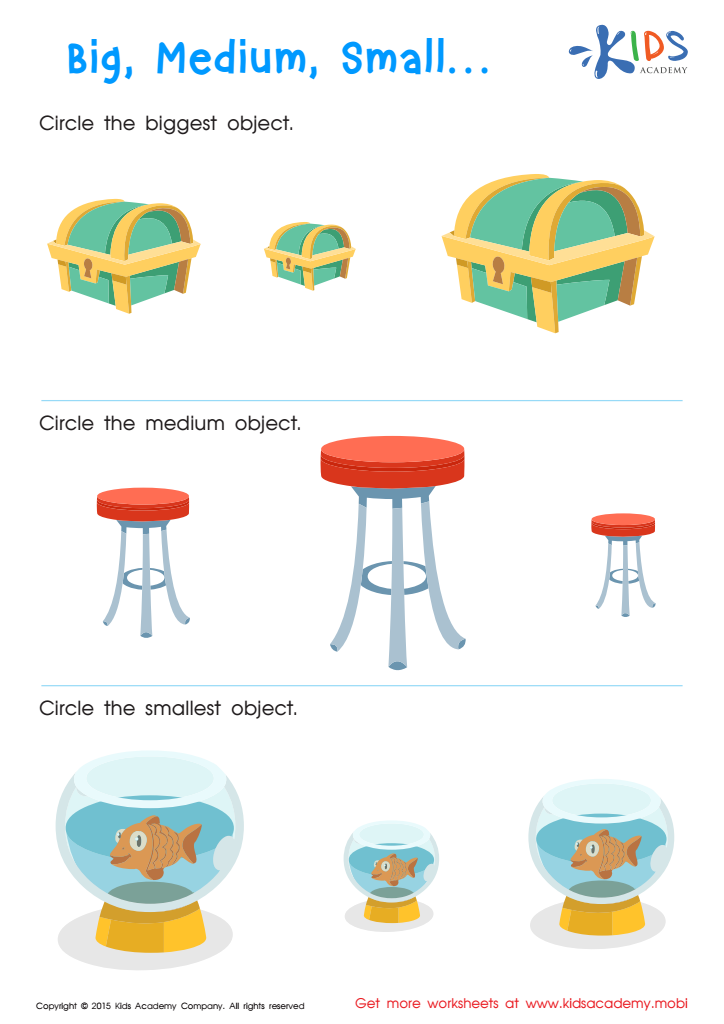

Big Medium Small Worksheet
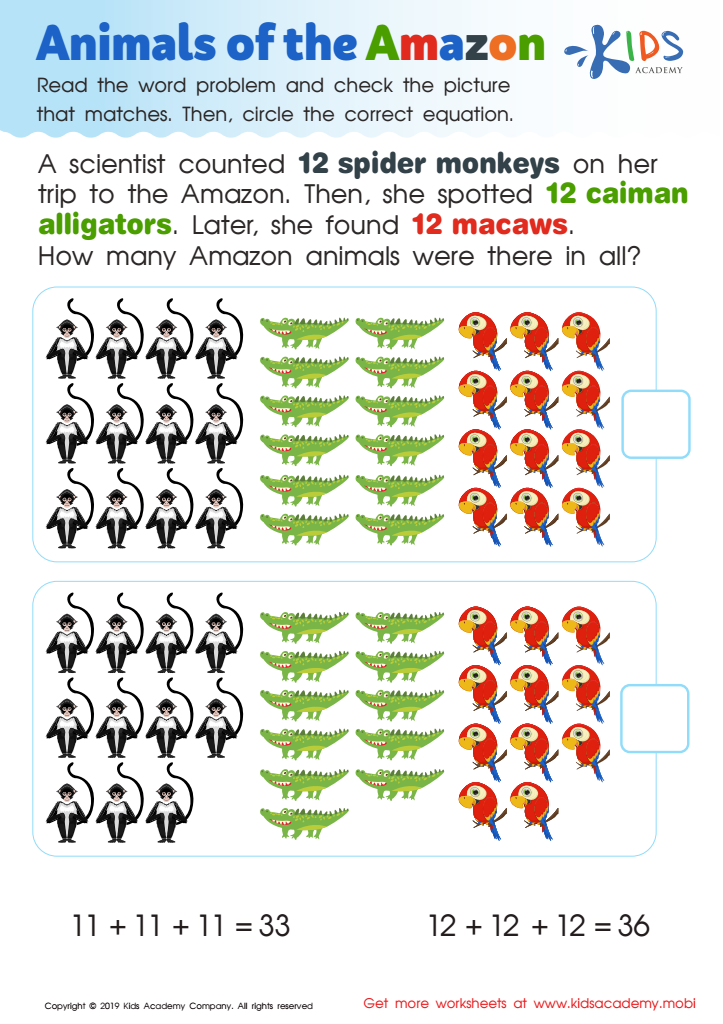

Animals of Amazon Worksheet
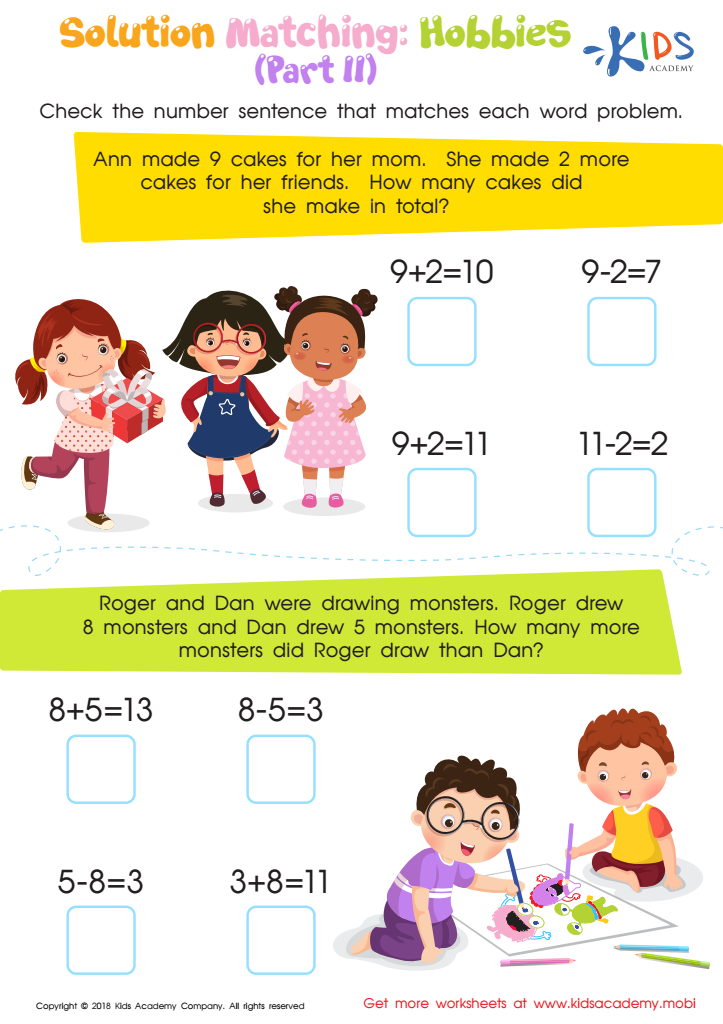

Solution Matching: Hobbies. Part 2 Worksheet
Building vocabulary in kindergarten math is crucial for children’s overall development and understanding of mathematical concepts. When children acquire a strong mathematical vocabulary, they are better equipped to articulate their thoughts, solve problems, and engage in mathematical discussions. This foundational vocabulary includes terms such as "add," "subtract," "more," "less," "equal," and shapes like "circle" and "square," which play a vital role in helping young learners grasp core math concepts.
Furthermore, a robust math vocabulary enhances reading comprehension, as many word problems involve language that can be challenging for early learners. Understanding terminology allows children to decode problems and apply appropriate strategies for solutions. Moreover, integrating vocabulary building within math lessons fosters critical thinking and encourages children to express equations and relationships verbally, bridging language skills and numeracy.
For parents and teachers, investing time in vocabulary building not only supports academic success but also builds confidence in young learners. When children can communicate their mathematical understanding, they are more likely to participate actively in classroom discussions, collaborate with peers, and approach challenges with a positive mindset. Ultimately, fostering a rich environment for vocabulary development sets the stage for lifelong learning in math and beyond.

 Assign to My Students
Assign to My Students

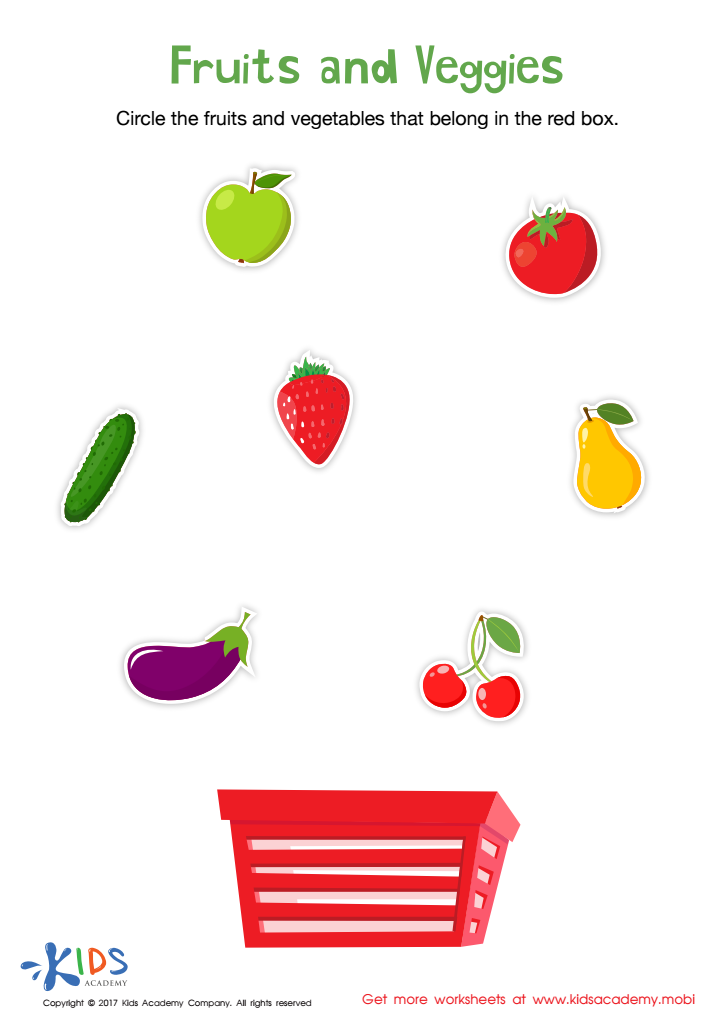



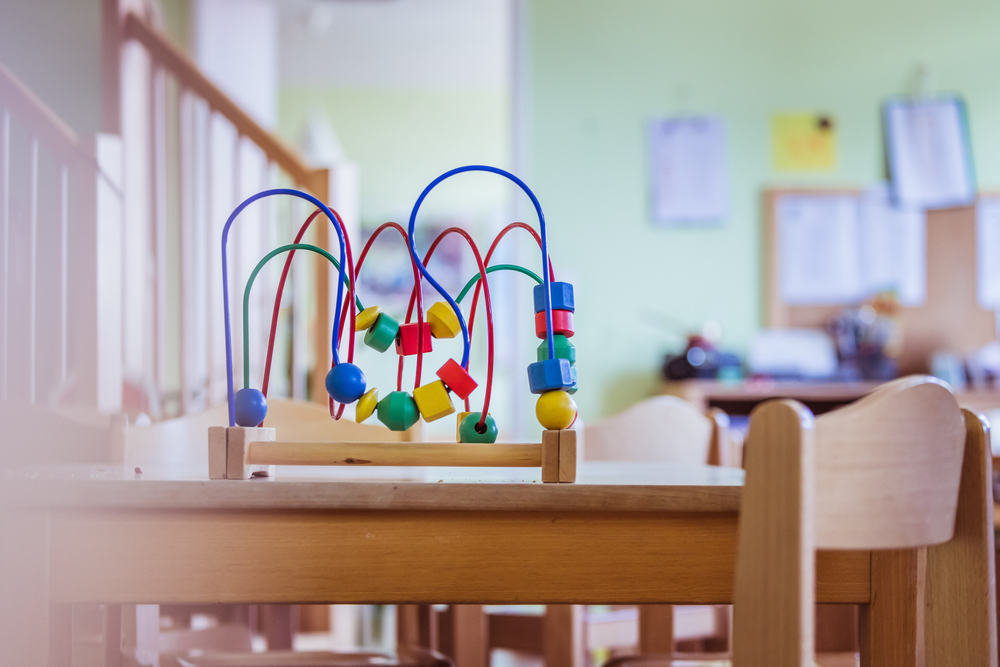

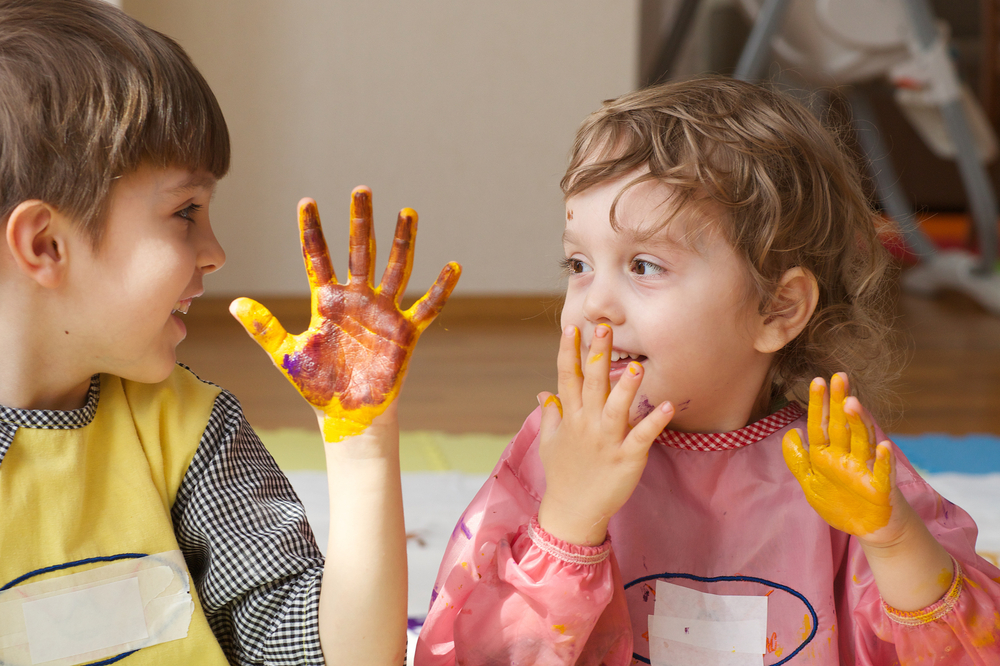


.jpg)











